The Truth is in the Calendar

Master Chef, FTW
A few years ago, I cut back on my English lecturer workload to make room in my life for writing. I was teaching at two colleges (commuting up to 100 miles a day), not to mention all the departmental meetings, and this meant I had no time for my writing. Once I cut back, my new schedule meant I had three days a week to write my memoir.
But after a month, the thing I found I had caught up on was reality TV (namely, Gordon Ramsey).
It’s not like I didn’t try. I just needed discipline, I thought. I had plenty of that in college, how could it be so hard? The image of future me came so easily: me, sitting on the couch, laptop open, bright screen illuminating my face, fingers typing clacking and ticking like some furious insect.
But when present me sat down on the couch and opened my computer …. nothing would happen. Or garbage, which is the same as nothing.
Hello, Excuses. I'm Renee.
Why was my brain resisting access to my drive to create and instead opened my store of excuses? I was so determined to open my computer and start writing. But after I started, I easily lost interest and stamina.
I could write later, I thought. After a short break. The fantasy would reappear: myself writing when the sun had gone down. I told myself I worked better at night anyway. I’d grade some papers or take a nap.. The sun went down and by then the motivation was gone, replaced by another night of not being a writer.
Blame It On The Muse
My muse doesn’t just appear. She’s as stubborn and indignant as I am and needs constant coaxing to access my creative energy. To get her attention, I brainstorm and mine for material. I write pages upon pages of hand written scenes, ideas, outlines for potential essays, rants to figure out why I’m just not getting to the writing already. Lots of pejorative throat clearing, really.
The whole process of sitting, trying to write, reading my work, getting annoyed, telling myself I suck always lead to zoning out to Master Chef. I was always busy but never having anything to show. I was always tired but going to bed early.
The Reverse Calendar
Why did I still have nothing to show for my work? Where were those hours going, exactly? There was only one way to find out: a reverse calendar.
Planner that I am, I pulled out my calendar and at the start of the day I left the timeline for the day blank. Then, after each hour, I wrote down in a nutshell what I did for that after.
I did this for a whole week. I was diligent and truthful, like recording calories for a medically prescribed diet.
Highlighting the Truth
Here’s a random day (supposedly reserved for writing my memoir) from my reverse calendar:
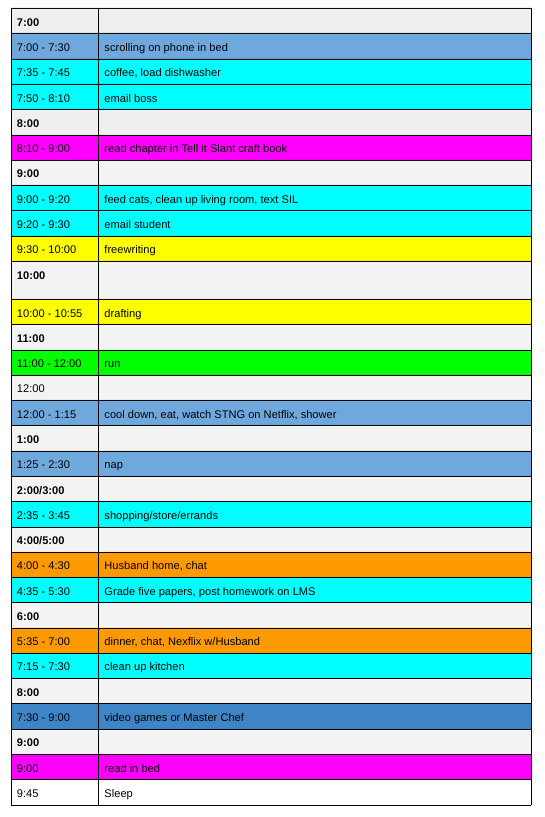
Looks like a full, 14 hour day, right? But let’s see what happens when I color code the tasks.
Tasks listed in ranking order of importance:
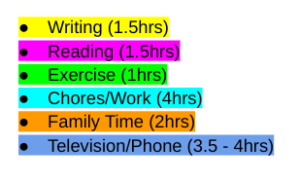
Looking at the week, I spent on average about 1.5 hours/day doing writing activities (craft book reading, freewrite) and 1 hours/day of physical writing. The rest of day was filled up with chores, more TV, internet scrolling, and shopping.
Moral Failing FTW!
Here was the true plot in the story of my moral failing in calendar form, all the hours not writing like discarded wrappers along the side of a freeway. I had the time. I just chose to use it floating from task to task without any structure.
Structure was the key. Back in college I’d had classes, and deadlines, and clear blocks of time when I had to get things done. Everything else like chores and television had to wait until I was done with the other stuff. Without structure, I was letting small things eat away at the edges of my time and my creative resources. Self-discipline was not enough. I needed something outside me, something to put not writing somewhere outside my day so I could only do one thing: write.
Where We're Going, We Definitely Need Rules
So I went online, found a writing workshop, and paid for a teacher to give me deadlines. I needed to be held accountable and so accountable I became. Writing took priority over internet and social media. And I gave myself an end of the day point, where I would take the time to hang out with my husband and watch some shows.
I came up with a few rules to help ensure my success and keep me on track: no tv until husband gets home and never miss a (writing) deadline. If I wasn’t allowed to watch tv, I had little choice but to go back to the desk and keep writing. If I couldn’t miss a deadline, I knew my brain would automatically make that highest priority and put all other items on standby until I was finished.
That left my constant battle with chores and work, which I ultimately decided get their own days of the week. Although I would brainstorm and freewrite each day (even on chore/work days), I wouldn’t do work/chores on my writing days.
New Schedule (with rules in place):
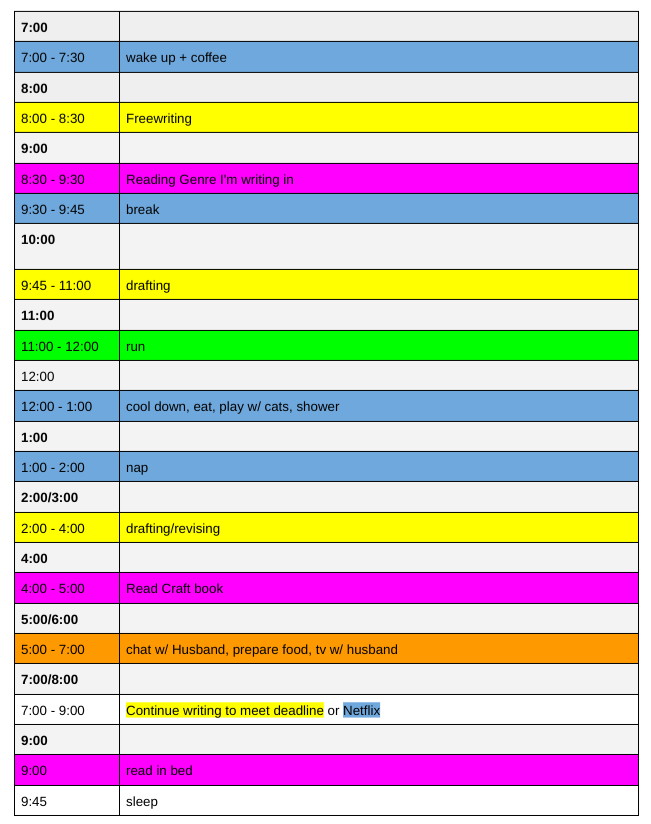
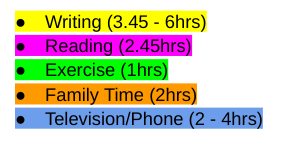
The Take-Away
As you can see, the hours spent writing (and reading!) increased dramatically. In order to respect my muse’s process, I had to give it more time to wake up and get going. It needed time to switch from freewriting to drafting. The switch from low stakes to high stakes is stressful and I can’t rush through it. Steady, steady. No sprinting for me.
So what can you learn from all of this? Structure is good. Try not to split your time between different mentally consuming tasks. Dedicate a whole day to one type of mental work (for me, I can’t mix writing and grading). It’s easier to go back to something you’re already doing than to alter your course throughout the day.
Consider chores work (and this goes for emotional labor, ladies. On average, women in the U.S. do 1.5 hours more invisible, unpaid work than men). Sometimes loading the dishwasher is a good way to take a mental break from writing. But how often did you intend to fill the dishwasher but find yourself cleaning the whole kitchen?
Extrinsic motivation for the win. Nothing like a deadline and a bit of competition to fuel the creative train (at least for me). Find a creative writing class or writer’s group and keep that deadline!
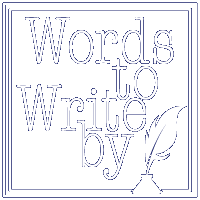



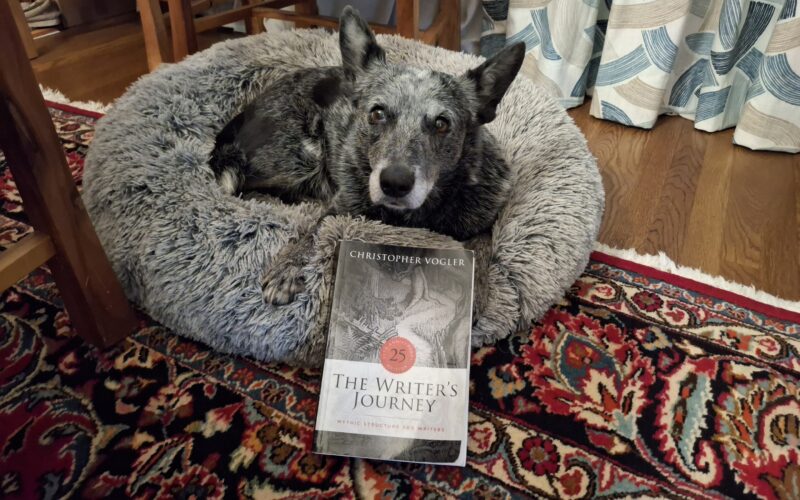
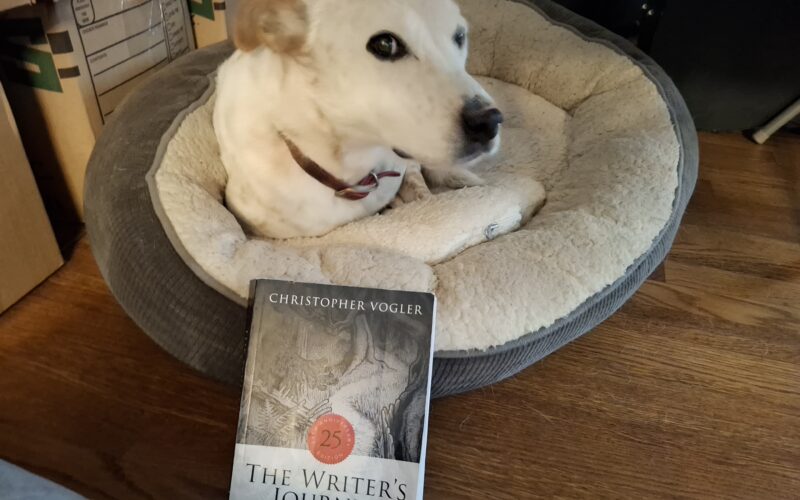
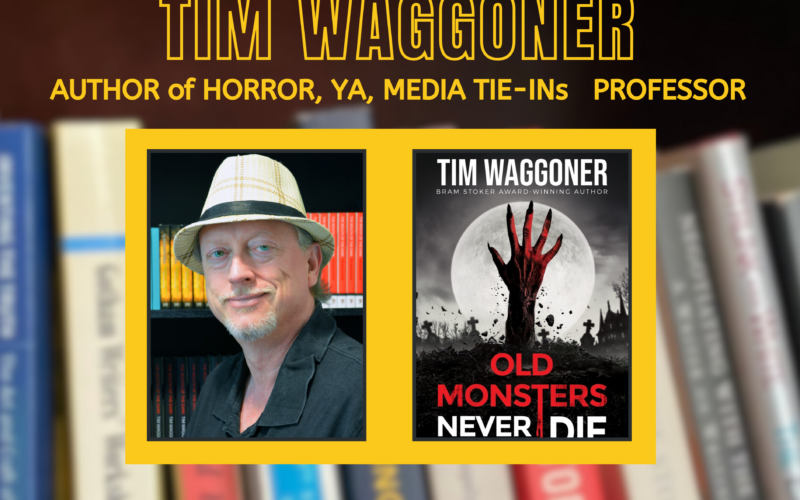
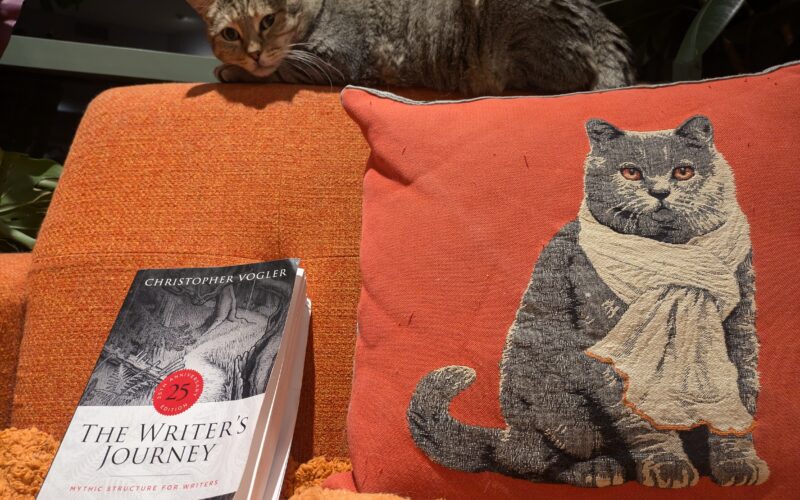


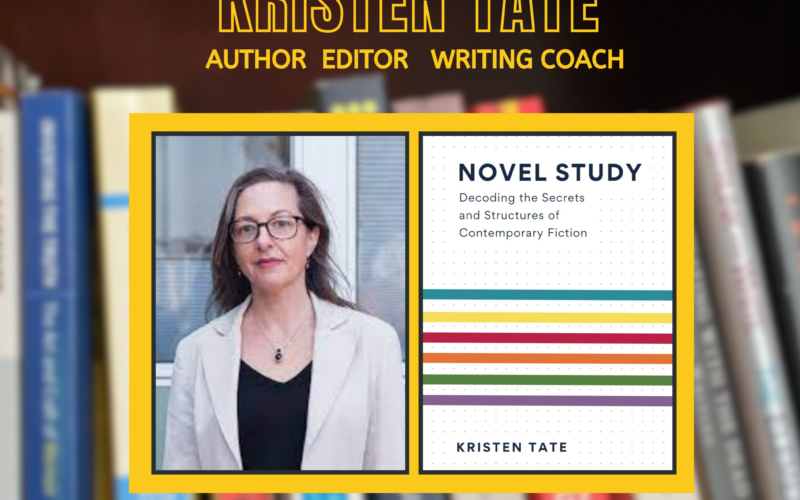
Not Your Usual Words to Write By: The AI Podcasting Challenge
Authors & AI SeriesEpisode 7: Not Your Usual Words to Write By: The AI Podcasting Challenge! Is nothing sacred? After exploring how AI might steal our writing jobs, we’re...